Crate Rest Without Boredom: Safe Ways to Keep Pets Calm and Happy During Recovery
Your pet has just had surgery, and now the challenge begins: weeks of crate rest. How do you keep an energetic pup from going stir-crazy? Or stop your curious cat from pawing at the door every hour?
At East Wind Animal Hospital, we understand that recovery is about more than just healing the body- it’s about protecting your pet’s comfort and peace of mind. With the right strategies, crate rest can become a calmer, more positive experience for both of you.
Understanding Crate Rest and Its Importance
What Is Crate Rest- and Why It Matters
Crate rest is a prescribed period of restricted movement designed to help your pet heal safely after surgery, injury, or illness. While humans understand the concept of “taking it easy,” pets are driven by instinct and curiosity. That’s why it’s up to us to balance physical restriction with gentle mental stimulation.
Common medical reasons for crate rest include orthopedic surgeries, spinal injuries, abdominal procedures, and heart or lung conditions. Too much movement can reopen sutures, slow tissue repair, or cause serious setbacks.
Beyond the physical healing, crate rest also supports emotional recovery. Boredom and anxiety can elevate stress hormones like cortisol, which interfere with healing. Keeping your pet mentally stimulated helps their body and mind recover in sync.
Challenges of Crate Rest
Many pets find confinement stressful at first. Dogs may whine, chew, or paw at their crate. Cats might meow persistently or try to squeeze through gaps. These behaviors are normal- and manageable- with patience and creativity.
Unmanaged frustration can lead to destructive behavior, withdrawal, or even depression, but with enrichment and a calm routine, most pets adjust within days.
If your pet wears a cone, learn how to make the cone more comfortable to reduce stress and restlessness. We know the cone is hard to deal with, but it’s a critical part of your pet’s recovery.
Keeping Pets Engaged and Relaxed
For Dogs: Gentle Enrichment and Focus
Mental exercise is key when physical activity is limited. Brain games for dogs and DIY enrichment ideas such as snuffle mats, cardboard “treasure hunts,” or frozen Kongs encourage natural problem-solving without strain.
Puzzle feeders or slow-dispensing toys make mealtime more engaging, while short obedience refreshers- like “stay” or “look”- keep minds sharp and spirits lifted.
Try the engage-disengage game to promote calm focus. It teaches your dog to look at distractions, then look back at you, building impulse control and confidence during recovery.
Safe Chews and Toys
Chewing relieves tension, but not all chews are safe post-surgery. Avoid hard bones, rawhide, or antlers that can crack teeth or cause blockages. Choose soft, digestible options and always supervise.
This guide to safe chew toys for dogs outlines options that soothe without risk. Rotating through new toys can help keep your pet entertained for hours on end.
For Cats: Calm, Low-Energy Play
Cats need mental enrichment just as much as dogs, but in quieter ways. Provide boxes with paw-sized holes, crinkly paper, or hidden treats for light exploration. Place the crate near a window for bird-watching, or offer a towel scented with catnip or silvervine.
You can also encourage gentle scent-based play- scent enrichment for cats mimics natural hunting behavior without requiring movement.
For cats healing from surgery, these post-surgical recovery tips can help you create a calm, secure environment.
When Crate Rest Isn’t Enough
Some pets simply can’t relax in confinement. If your dog or cat becomes highly anxious, destructive, or refuses food, they may need extra support to stay safe during recovery.
Options include:
- Medication support: Short-term anti-anxiety or mild sedative medications can help overly energetic pets rest safely. These are prescribed based on your pet’s health and recovery plan.
- Leashed “quiet zones”: For pets who panic in crates, tethering them to a sturdy piece of furniture nearby can limit movement while letting them stay close to you.
- Wagon or backpack rides: Some dogs enjoy supervised stroller, wagon, or backpack outings. These short, calm “field trips” provide enrichment and a change of scenery without physical exertion.
Every recovery journey is unique. Your veterinarian can help decide which of these strategies fits your pet’s medical and emotional needs best.
Creating a Healing Environment
The right setup makes recovery smoother:
- Keep the crate in a quiet area where your pet can still see family activity.
- Use supportive bedding and maintain a stable, comfortable temperature.
- Provide privacy with a cover if your pet relaxes better in a den-like space.
- Play soft background music or white noise to mask household sounds.
A relaxed environment reduces stress hormones and supports steady healing.
Routine, Monitoring, and Adjustment
Stick to predictable schedules for meals, enrichment, and rest. Regular routines help pets feel secure and prevent anxiety.
Observe your pet’s behavior closely. They should appear calm and content- not restless or sore. Report any sudden behavior changes, appetite loss, or discomfort to our team at East Wind Animal Hospital.
If adjustments are needed, we’ll guide you through safe modifications to prevent setbacks.
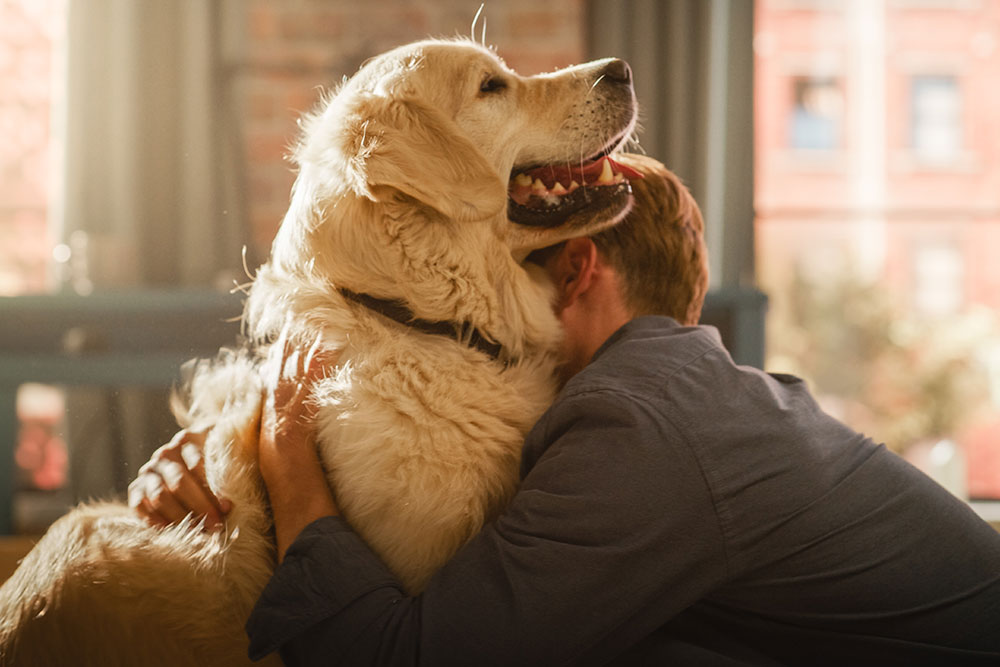
Partnering With Your Veterinary Team
Healing takes teamwork. Our veterinarians offer individualized advice for every stage of recovery.
Our surgery, preventative care, and internal medicine services work together to keep healing on track- physically and emotionally. Regular follow-ups help us fine-tune rest schedules, check pain control, and monitor progress through advanced diagnostics.
Supporting a Complete Recovery
Successful recovery blends rest, comfort, and connection. Crate rest isn’t just about restriction- it’s a chance to build trust and reinforce calm habits that benefit your pet long after healing ends.
If your pet struggles with confinement, seems unusually anxious, or shows signs of pain or depression, don’t wait to reach out. Our compassionate team is here to help.
Call East Wind Animal Hospital at (267) 518-2100 or request an appointment to create a personalized recovery plan. With patience, creativity, and expert care, your pet can heal safely- body and mind.
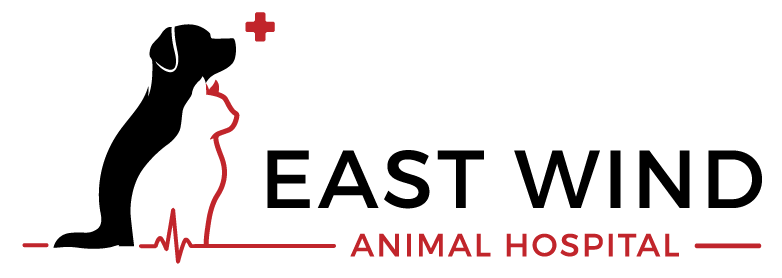
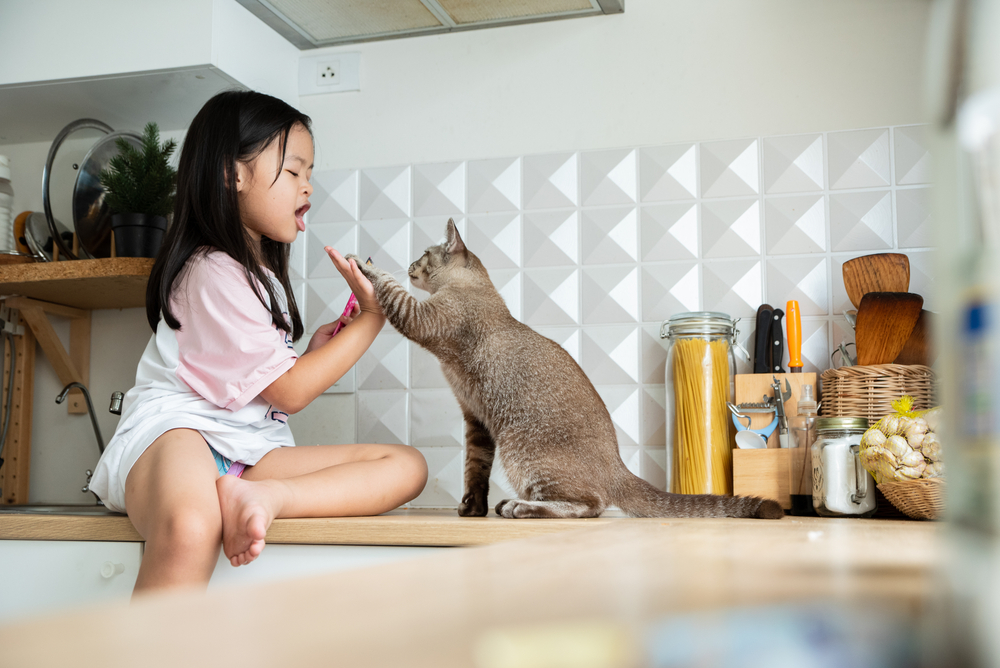
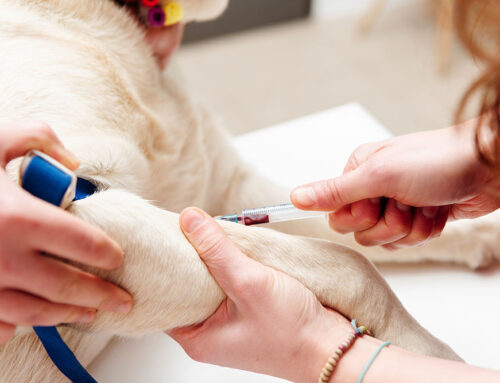

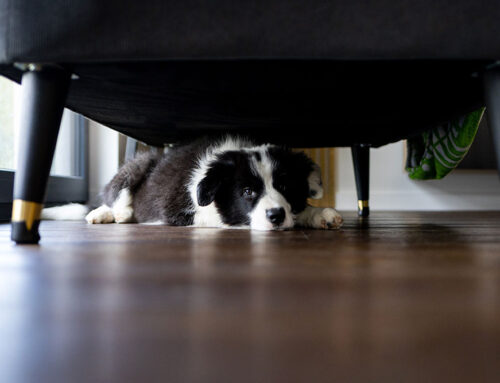
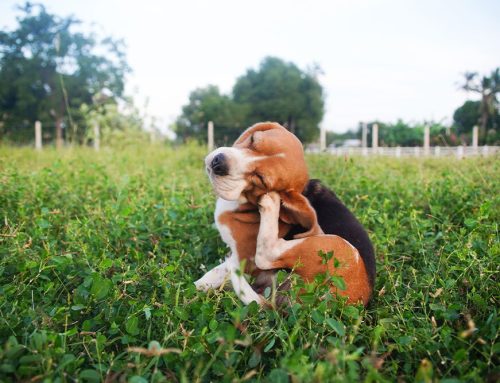

Leave A Comment